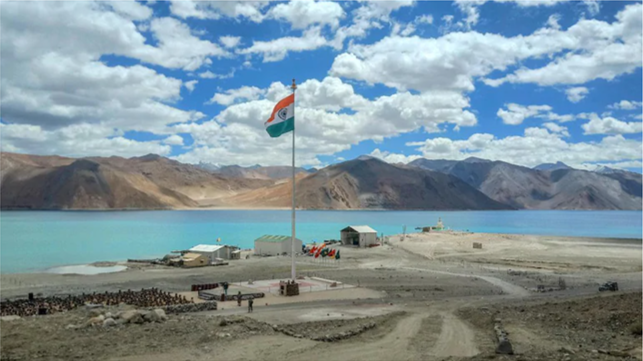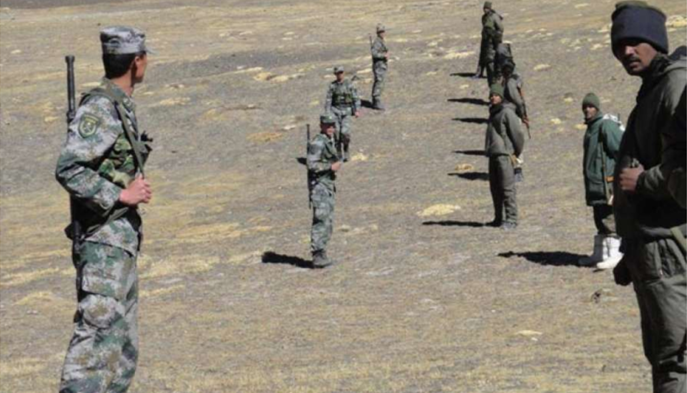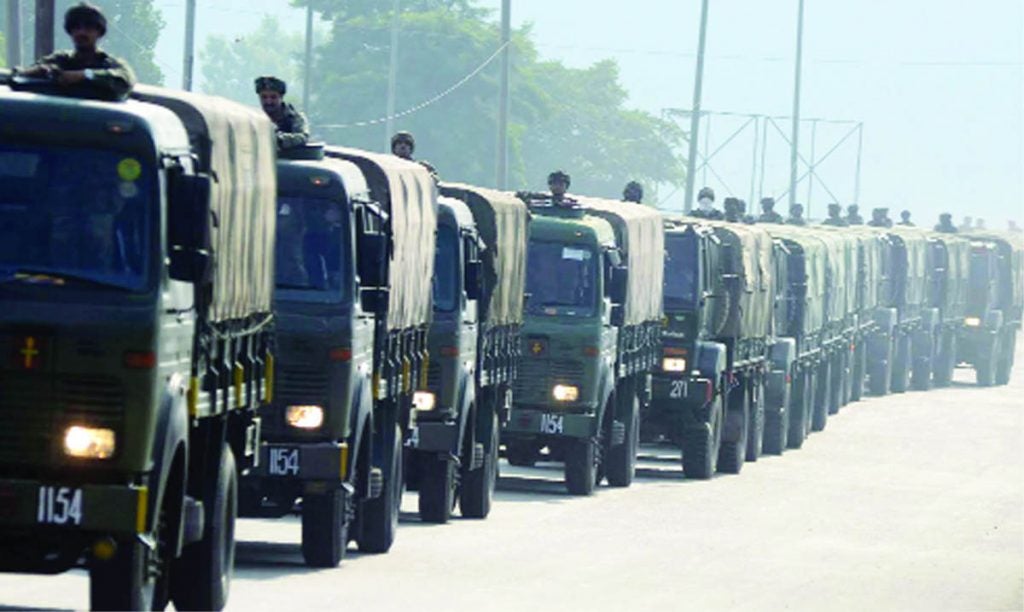China and India Start pulling Back Forces From Disputed Pangong Lake Area
After months of a tense military stand off along the contested border, Chinese and Indian troops have begun to disengage in the Pangong Lake Area of India’s Ladakh region. Months of skirmishes which left a number of soldiers on both sides dead were only somewhat interrupted by a series of semi-regular talks between the opposing sides’ corps commanders which seemingly resulted only in rhetoric claiming these were productive and in joint statements proclaiming the wish to resolve the conflict. Few expected a major change in the overall situation. However, the most recent round of talks, which initially seemed to be no different and was even attacked by Chinese media which claimed that the Indian commitment to the talks was disingenuous, actually did lead to some real results.

On Wednesday, Chinese Defense Ministry Spokesperson Colonel Wu Qian released a written statement claiming that:
“The Chinese and Indian frontline troops at the southern and northern bank of the Pangong Tso Lake start synchronized and organized disengagement from February 10. […] This move is in accordance with the consensus reached by both sides at the 9th round of China-India Corps Commander Level Meeting.”
The following day, Indian Defense Minister Rajnath Singh made an announcement which amounted to more or less the same.
Reports of troops and vehicles leaving the area have already started to pour out, although how many of the approximately 50,000 troops in the region and how much of their supporting equipment will actually be withdrawn is uncertain. Reportedly, commanders on both sides are now meeting to work out the further details of the disengagement. At this point, it is still uncertain whether this disengagement will lead to a wider disengagement along other disputed border areas but officials have signaled that the latest development could be seen as a first step.

Regardless, Indo-Chinese relations are unlikely to improve significantly in the near term. Both sides maintain their claims and rhetoric and perhaps have realized that military force is not a cost-efficient way to achieve it and that military intimidation is not efficient either. Nationalist sentiment echoes in both China (where even the CCP cannot suddenly change the ideas it has helped entrench over decades) and India and both sides see themselves as competitors in the wider game of geopolitics of South Asia and the Indian Ocean.

